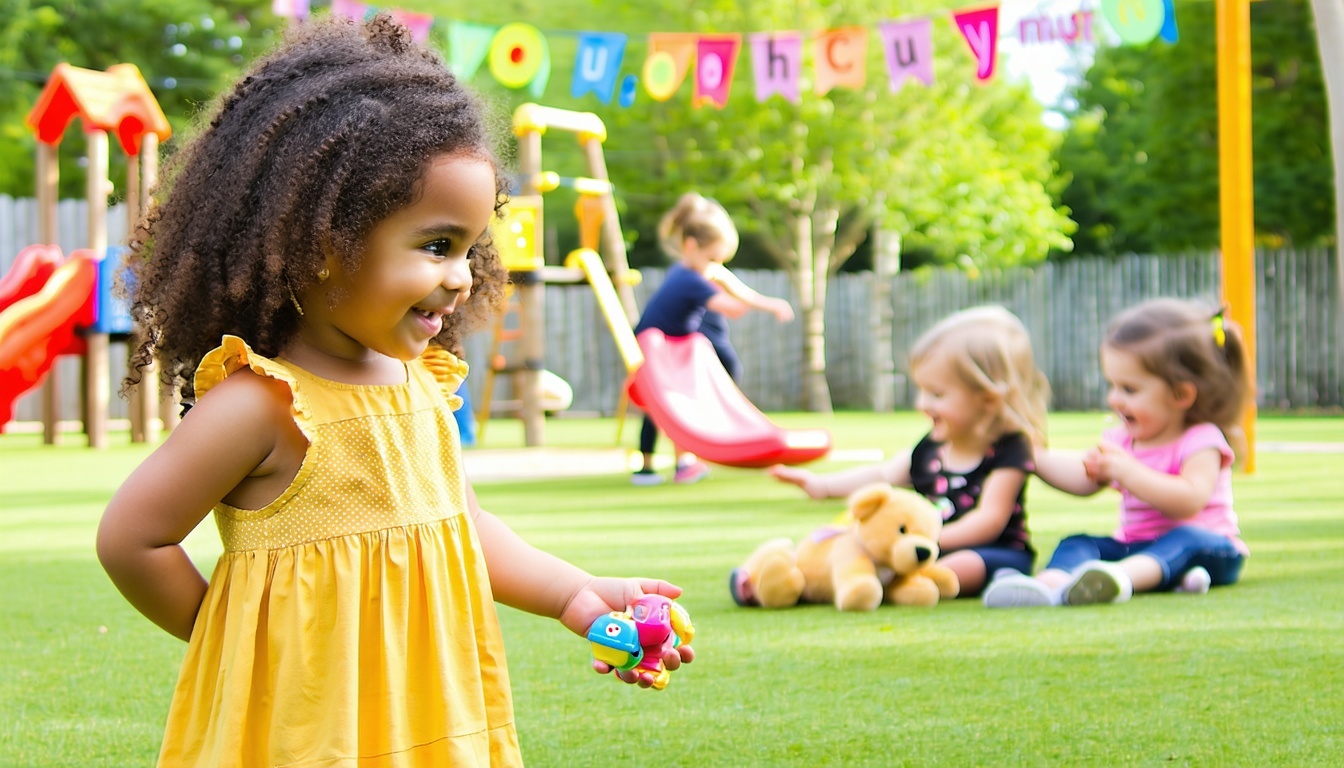
By Melissa Meyer, DNP, PMHNP
“Can I have that toy?”
“Wanna play this game?”
“Give me your turn!”
These moments are where childhood social skills are truly tested—not in spelling bees or math drills, but in learning how to say “no” without losing yourself or hurting someone else.
Assertiveness is one of the most important emotional skills a child can learn—and one of the most misunderstood.
It’s not being mean. It’s not being bossy.
It’s the beautiful, brave middle between “yes to everything” and “pushback with pain.”
And with the right language, tools, and a little sparkle (you know me), kids can learn to set boundaries with kindness, confidence, and clarity.
Let’s talk about how.
💡 What Assertiveness Isn’t
Let’s start with what we’re not teaching:
-
❌ Being rude
-
❌ Controlling others
-
❌ Always getting your way
-
❌ Saying “no” just to say no
True assertiveness is about respecting your needs and others’ feelings—even when they don’t match.
And for kids who are sensitive, people-pleasing, or conflict-averse, this can be a game-changer.
🌈 What Assertiveness Is
✅ Saying what you want or need clearly
✅ Using “I” statements instead of blaming
✅ Listening while still honoring your own boundaries
✅ Standing firm with kindness and calm
When kids learn assertiveness early, they’re more likely to:
-
Build healthier friendships
-
Avoid peer pressure
-
Express needs in school, home, or play
-
Feel safe in their own skin
🛠️ Melissa’s Gentle Assertiveness Toolkit
1. The “No, Thank You” Formula
Teach kids a simple script:
“No, thank you. I’m not ready for that.”
“No, but maybe another time.”
“No, I want to play something else.”
Practice with stuffed animals or dolls first. Act out silly scenarios and let your child say “no” while staying friendly and firm.
2. Feelings First, Response Second
Help kids pause to notice:
-
“What am I feeling right now?”
-
“Do I really want to do this, or am I saying yes to avoid conflict?”
Even naming that discomfort builds self-awareness.
Try saying:
“Let’s ask your brain and your body what they want right now.”
This helps move decisions from autopilot to mindful choice.
3. The Smile + Shield Technique
For kids who fear disappointing others, I teach this combo:
-
😊 Smile to stay kind and open
-
🛡️ Shield to protect their boundary
Try saying:
“I like being your friend, but I don’t want to play that game today.”
“It’s okay if you’re disappointed. I can still say no.”
This combo teaches empathy without self-abandonment.
4. Praise Assertive Moments in Real Time
When your child sets a healthy limit, name it:
“That was really kind and clear when you said you didn’t want to share your art supplies right now.”
“You used your words and stayed calm—that was strong.”
Celebrate the behavior you want to see more of. 💪✨
🧠 Why This Helps Long-Term
When kids don’t learn assertiveness, they often fall into two extremes:
-
Passive: always saying yes, feeling overwhelmed, resenting others
-
Aggressive: yelling, shutting down, or bulldozing through others’ needs
Assertiveness helps them live in the middle—with clarity, grace, and self-respect.
It becomes a lifelong superpower for relationships, careers, and self-worth.
And yes—it can absolutely start on the playground.
💬 A Note from Melissa
If you were raised to be “nice,” this might feel tricky to teach.
But here’s the thing:
Nice doesn’t always mean healthy.
Agreeable doesn’t always mean safe.
Teaching your child to say “no” with love—and mean it—is one of the kindest, most protective things you can do.
It says:
“Your voice matters.”
“Your body and time belong to you.”
“You can be kind and clear.”
And when you model that too? You teach them that strength and softness can live in the same sentence.
Even if it’s just:
“No, thank you.”
📌 Try This Today:
Make a “Say It With Sparkle” script deck together—index cards with simple boundary phrases written in colorful markers. Practice them during playtime or dinner. Bonus: let your child add glitter or stickers for extra bravery power.
Want more scripts, tools, and gentle parenting guides that honor your child’s voice?
Subscribe to Melissa’s Mindful Minute for monthly magic straight from the heart of Hazelwood.
